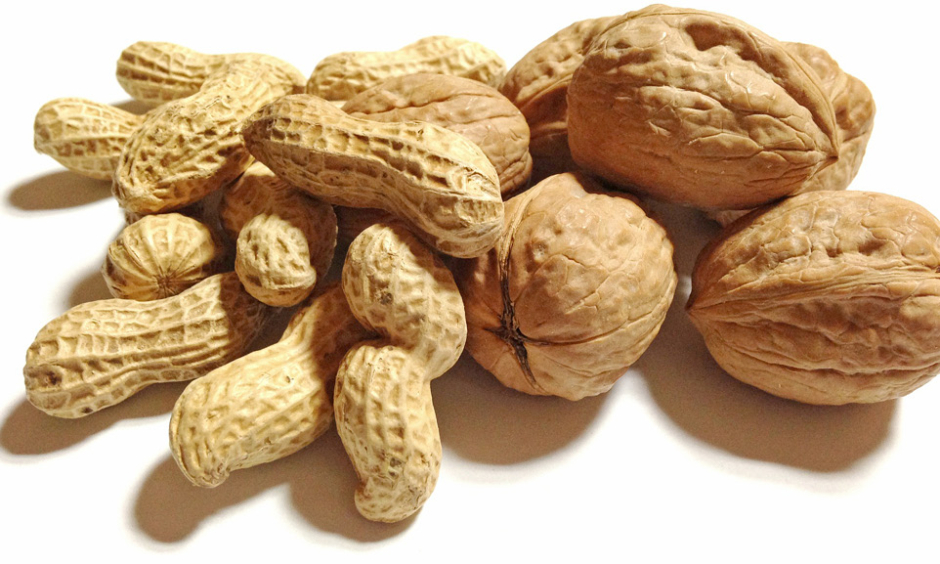PEANUT ALLERGIES may soon become a thing of the past thanks to new research carried out by investigators at the University of Michigan, Ann Arbor, Michigan, USA. The researchers developed a vaccine that successfully altered the immune response and protected mice from an allergic reaction to peanuts, potentially changing the way in which we are able to deal with these life-changing allergies in humans.
It is estimated that 4–6% of children in the USA have food allergies, with peanut allergies being the most common. Despite these high figures, there is currently no cure for these allergies, with the U.S. Food and Drug Administration (FDA) suggesting the only solution is avoidance of the allergen and suppressing reactions once exposure has occurred. Allergic reactions result from faulty immune responses by T helper 2 (Th2) cells, causing an overproduction of immunoglobulin (Ig)E, and this response can prove fatal. Over 20 years, the researchers have been creating and adapting a vaccine to regulate these responses through rerouting Th2 cells.
In the study, mice were sensitised to peanuts so that they responded with the same allergic symptoms as humans when exposed to the food, such as itchy skin and obstructed breathing. Each mouse then received one dose of the nasal vaccine per month for 3 months, and their allergic responses to peanuts were measured 2 weeks after the final dose. The results showed decreased activity of the Th2 cells and a subsequent decrease in the levels of IgE antibodies, proving the success of the vaccine in protecting against peanut exposure. Work is currently underway to assess how long this protection remains, with the researchers hoping for a long-lasting result. Once this information is established, it will be possible to move the vaccine forward for human clinical trials.
The researchers commented that this research is changing the current knowledge in the field by providing an insight into how food allergies develop, the knowledge of which is currently scarce. “We’re changing the way immune cells respond upon exposure to allergens […] Importantly, we can do this after [the] allergy is established, which provides potential therapy of allergies in humans,” explained Jessica O’Konek, lead researcher at the Food Allergy Center, University of Michigan.






